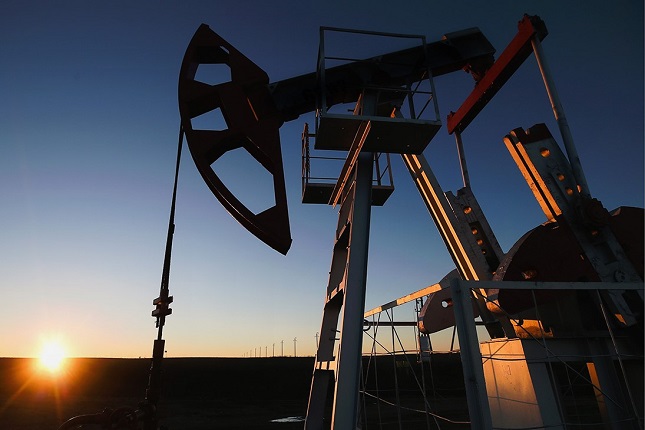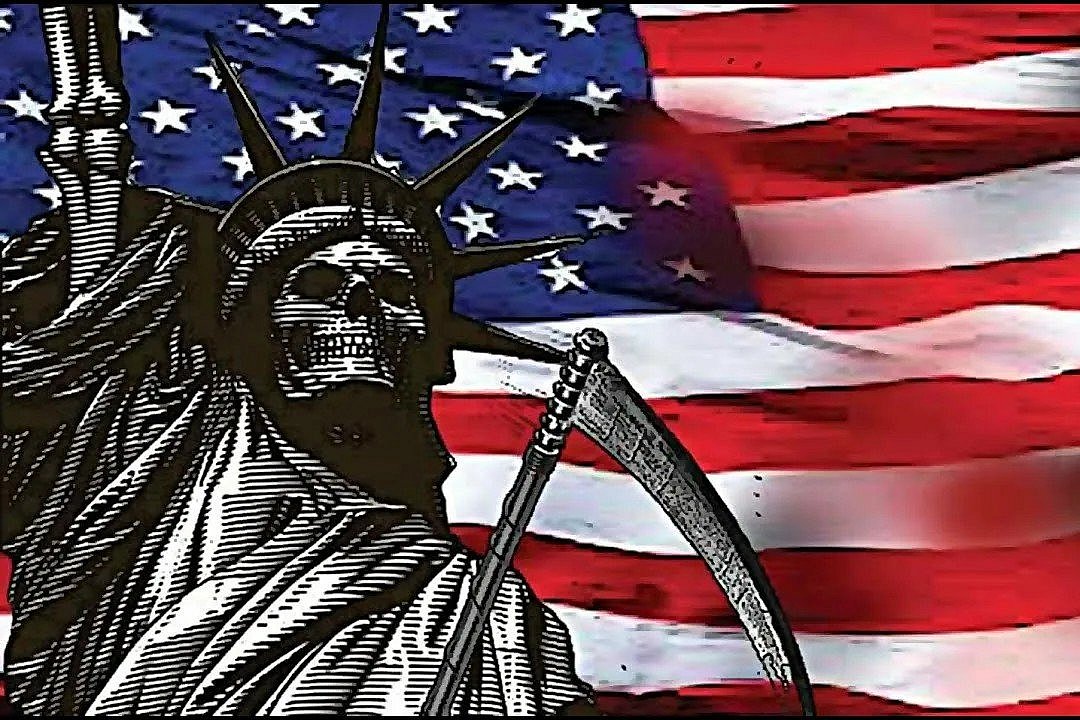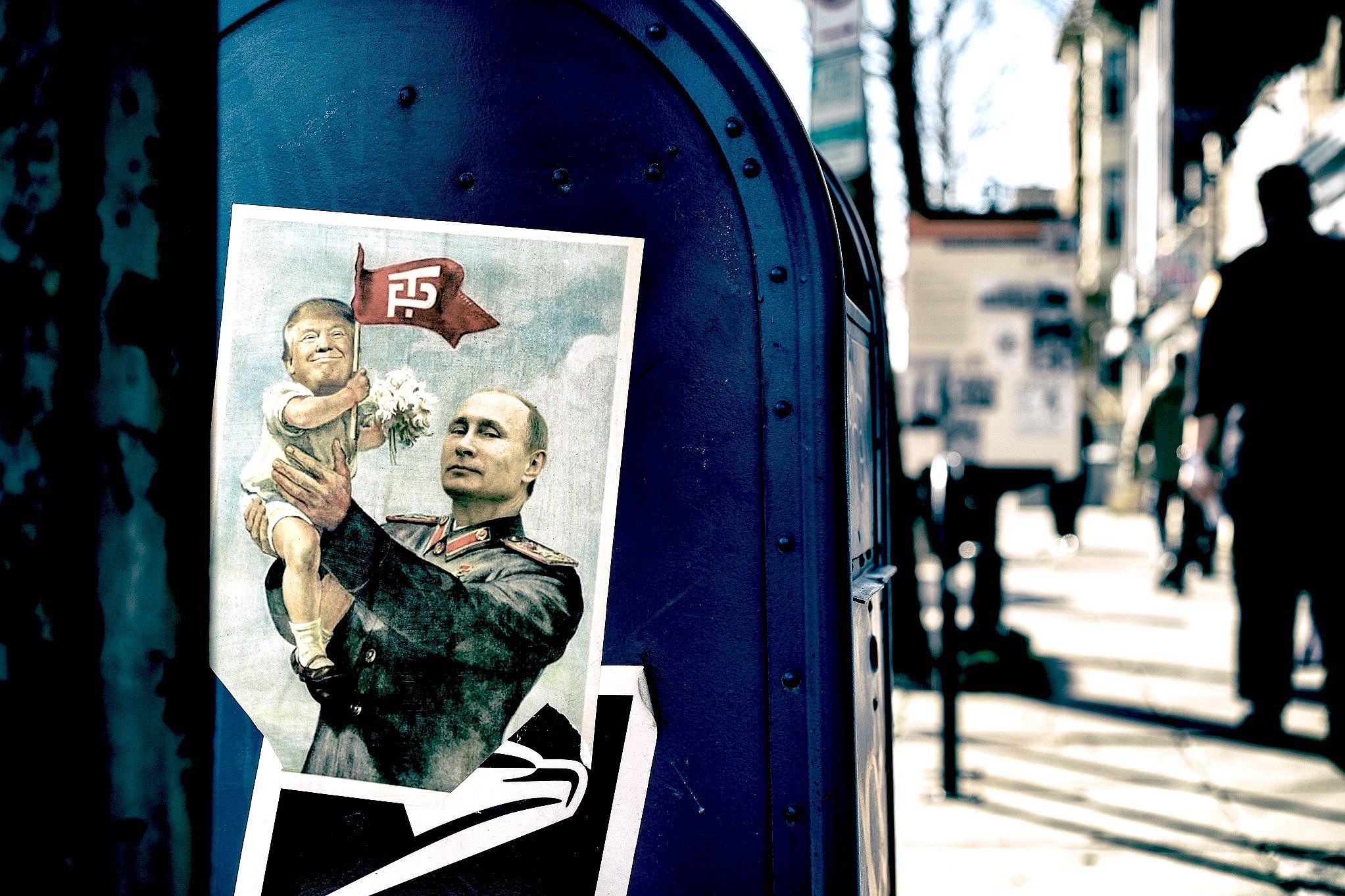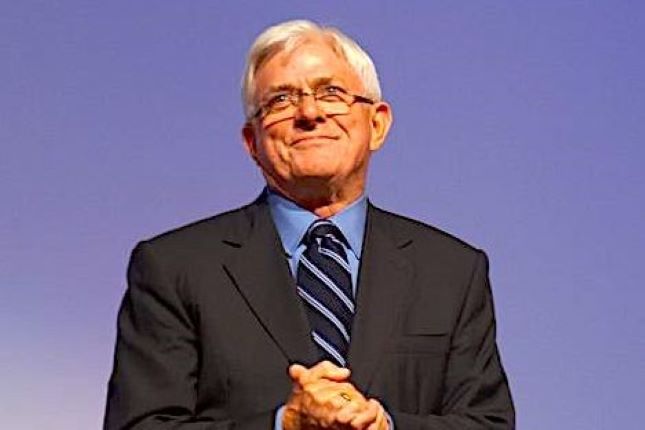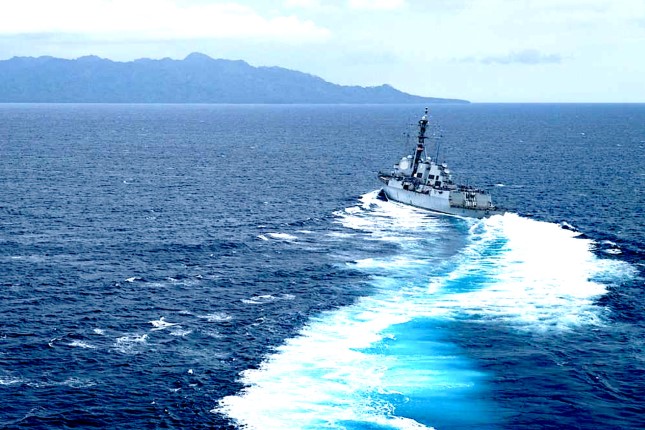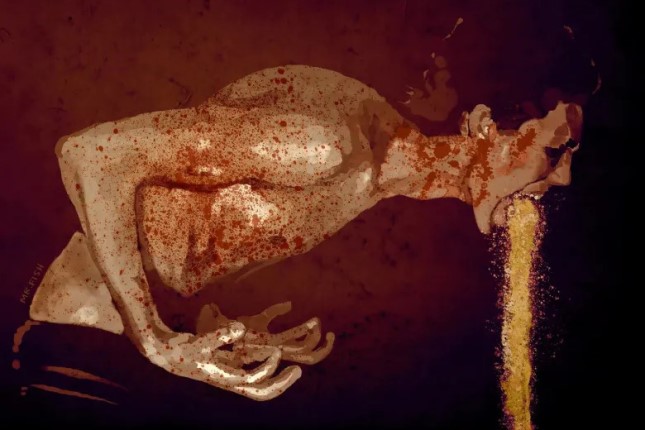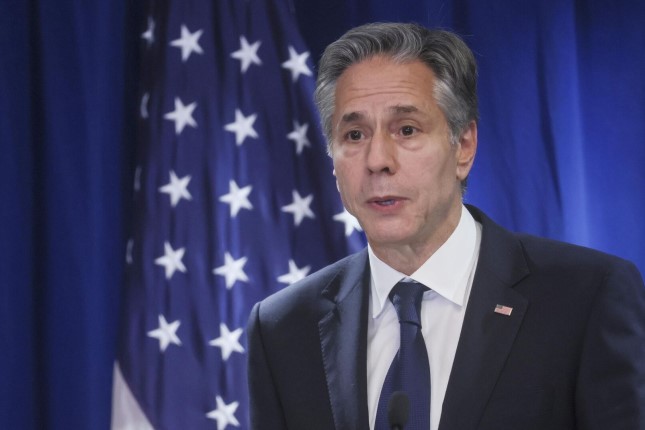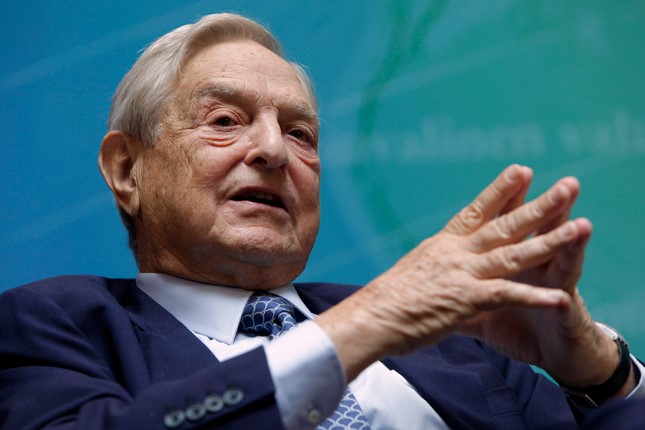After a long negotiation lasting weeks, the twenty-seven member countries of the European Union reached an agreement on the night of Monday, 30 May, for an at least partial embargo on their imports of Russian oil.
The agreement hides deep divisions between EU member countries. Hungary, which in recent weeks had exercised its right of veto against these sanctions because they would have damaged it enormously, has managed to obtain an exemption, allowing it to continue receiving the essential Russian crude oil through an oil pipeline built in the sixties. In the same way, Slovakia, the Czech Republic and Bulgaria also protested that they were ready to take advantage of the derogation provided. Three months after the outbreak of the war in Ukraine, in addition to Hungary and other countries heavily dependent on Russian energy supplies, other critical voices have been raised against the sanctions. Malta and Cyprus, which risk severe consequences for their economies, especially in the tourism and financial sectors, have protested against some measures.
The countries of the Union most damaged by the sanctions, in principle, all seem to agree with this summary of the Cypriot Foreign Minister, Ioannis Kasoulides: "The sanctions against Russia could damage the countries of the European Union more than they will do with Moscow. I find it intolerable that sanctions have a lesser impact on Russia than on a member state of the Union such as Cyprus ". In Cyprus, where over 25% of the resident population comes from Russia (50,000 people), there is talk of unsolved Russian investments for over 100 billion euros, compared to a country's GDP of only 23 billion. The mayor of Limassol recalled that the real threat to Cyprus is not Russia, but Turkey, which occupies the northern part of the island and is increasingly politically strong as a full member of the Atlantic Alliance.
The heads of state and government of the European Union meeting in Brussels debated for more than eight hours until the Assembly noted that Hungary would not have signed the package without the requested derogation. So the EU had to give in, softening the text and the measures envisaged. The agreement provides for an embargo on oil by sea from the end of the year. An exception is envisaged for crude oil via pipeline, which supplies some Central-Eastern European countries. As requested by Hungary. While two other countries that obtain oil via the Druzhba pipeline - Germany and Poland - have pledged to stop using it from the end of the year onwards.
According to the European Commission and the European Council, these measures will eliminate 90% of Russian oil imports into Europe. The embargo extension to supplies via pipeline will be discussed "as soon as possible", they say from Brussels. A date, however, has not been set. In addition to oil, the sixth package includes the exclusion from Swift of the largest Russian bank, Sberbank, restrictions on three Moscow TV stations and the inclusion of new entities and personalities on the EU blacklist. A plan was then envisaged to strengthen the EU's common defence, starting from the European industrial base. Through Turkish mediation, possible options were discussed for unblocking Ukrainian wheat on which negotiations have been opened with Moscow in these hours. Yet the risk is that the EU will find itself open about gas while fighting over oil. Because Gazprom has announced that it will cut supplies to the Dutch company GasTerra from tomorrow. Given that it does not pay for gas in rubles and Denmark could, again tomorrow, find itself in the same situation. In short, the masochism of some sanctioning measures seems to have forced Brussels to step back from the established plans, but the story does not end there.
